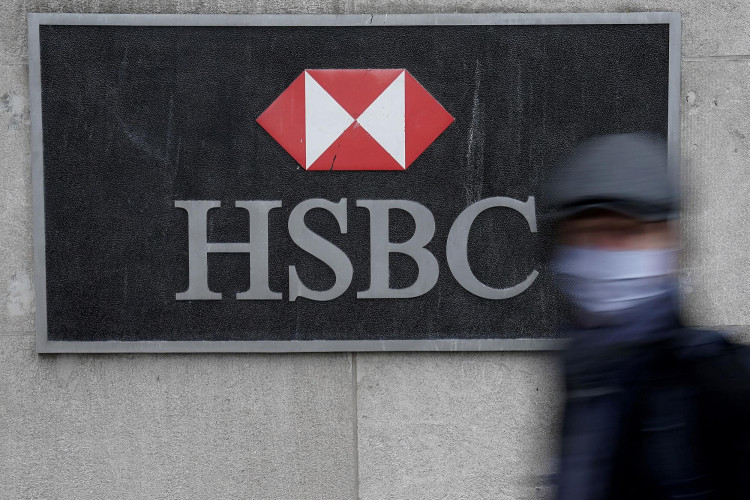HSBC Holdings on Tuesday said it would initiate a pandemic-induced restructuring of its business infrastructure, seeking to cut costs further and transform its primary source of revenue from interest rates to a fee-based model.
The planned reorganization comes as Europe's largest bank posted a 35% decline in quarterly pretax sales to more than $3 billion, while revenues were down 11%. HSBC, which is laying off around 35,000 staff, did not say whether more positions will be dissolved.
The profit was bigger compared with the $2 billion average of market observers' projections.
While market conditions improved in some sectors in the past three months as lockdowns were eased and condonation measures helped businesses and consumers, banking provisions have remained steep as they evaluate the damage brought about by the pandemic.
The proposed money-making model transformation highlights one of the most notable shifts in policies to date from HSBC, which has long taken pride in its capacity to produce income from its over $1.5 trillion in client deposits.
According to HSBC chief financial officer Ewen Stevenson, the bank will have to consider charging for basic services in some markets, "because a huge number of our customers in this environment will be losing us money," Reuters quoted him as saying in an interview.
HSBC, which operates much of its business in Asia, said the latest quarter's sales fell primarily because of the ill effects of falling interest rates, and declining share in the profit from its Saudi subsidiary. The bank said it saw losses owing to delinquent loans to below the $8 billion to $13 billion target it aimed for earlier in the year.
HSBC on Tuesday said it is looking to cut yearly costs to under $31 billion by next year, a more ambitious goal than it proposed recently and well below the operating expenditures of $42 billion it posted last year.





